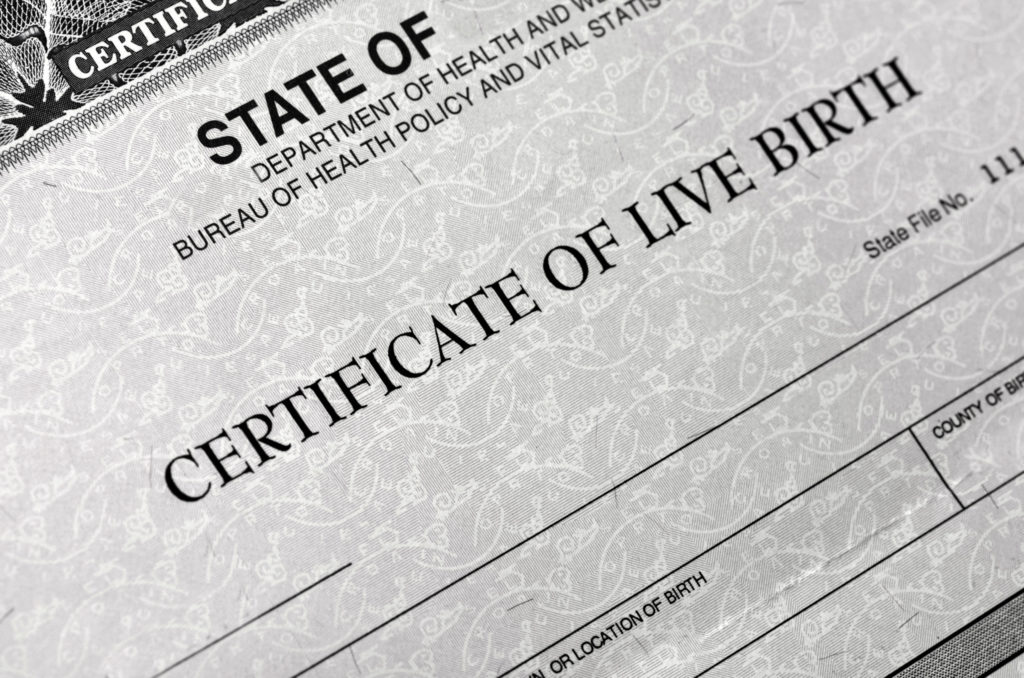Not Identifying Sex on Birth Certificates Pushed in New England Journal of Medicine
Originally published at National Review- Categories
- Conscience
The New England Journal of Medicine continues its hard swing to the woke left. Now, it has published an advocacy article that would remove sex designation as an identifiable factor on birth certificates. From, “Failed Assignments: Rethinking Sex Designations on Birth Certificates”:
Assigning sex at birth also doesn’t capture the diversity of people’s experiences. About 6 in 1000 people identify as transgender, meaning that their gender identity doesn’t match the sex they were assigned at birth. Others are nonbinary, meaning they don’t exclusively identify as a man or a woman, or gender nonconforming, meaning their behavior or appearance doesn’t align with social expectations for their assigned sex.
The idea is to move sex designation “below the line,” which allows for general statistical compilation of vital statistics, but not an identifiable designation of the particular individual about whom the birth certificate was created. The point is to promote a particular view of social justice:
Moving sex designations below the line would be in keeping with legal developments deemphasizing sex distinctions. Now that the U.S. Supreme Court has held, in Obergefell v. Hodges, that bans on same-sex marriage are unconstitutional, only a few legal contexts relying on sex designations remain. In these contexts, using information from birth certificates is not the best way to categorize people.
The authors also want sex designations removed from important documents such as passports:
Passports and state identification cards relying on sex assigned at birth for identification pose another challenge. These documents are usually issued or renewed when the holder is an adolescent or an adult, however, so moving sex designations below the line of demarcation on birth certificates would permit applicants to identify their gender without medical verification. Governments could also remove gender designations from identification cards altogether and focus more on identifiable physical features and updated photographs. This change would accommodate nonbinary people and reduce the burdens associated with amending documents.
Articles like this certainly have their place in debating transgenderism. But when they appear in the most influential medical journal in the world, it calls into question the editors’ ability to dispassionately choose which medical papers to publish. I mean, if a reputable study reached conclusions that were scientifically sound but cut against the grain of transgender ideology, do you think it would ever make the pages of the NEJM? Not a chance!
Publishing ideological advocacy in what is supposed to be a journal that primarily publishes objective scientific information contributes to the growing public distrust of the science sector. That doesn’t help people with gender dysphoria specifically, or contribute to the betterment of society overall.
